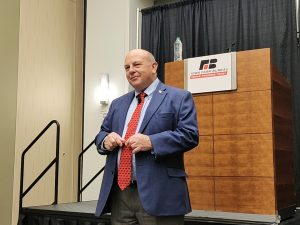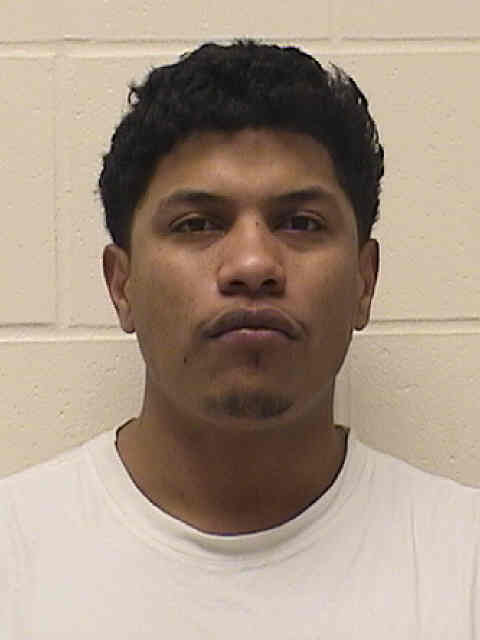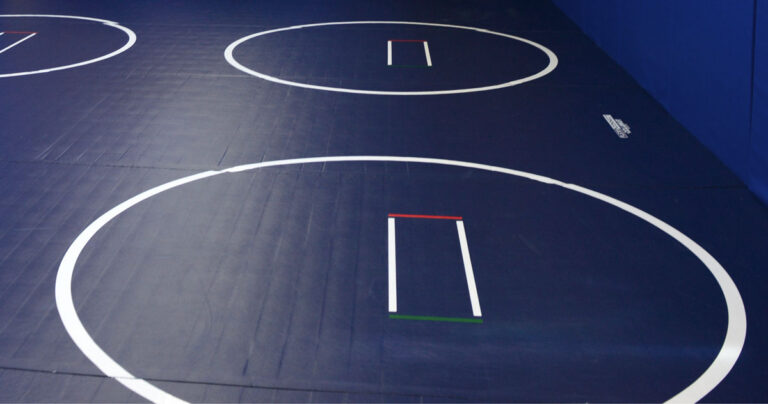Des Moines, Iowa — A state board has approved a more than $4 million settlement with former University of Iowa football players who alleged the Hawkeye program was a racially hostile environment for black players, and Hawkeye football coach Kirk Ferentz says he is greatly disappointed the state’s attorney general negotiated the settlement with former players.
Ferentz indicated he’s been told the reason for the settlement was financial, to avoid the possibility of a large jury verdict, and according to Ferentz, many former members of the team said things that they later recanted when questioned under oath.
Members of the State Appeals Board did raise concerns about management of Iowa athletics. State Treasurer Roby Smith says he has zero tolerance for discrimination of any kind.
Ferentz, the football team’s offensive coordinator was joined by Barta, the university’s athletic director, being named in the players’ original lawsuit. The players accused Ferentz and other coaches of creating a racially hostile culture for black players.
Despite those reservations, Smith and state budget director Kraig Paulsen voted to approve the settlement, with nearly half of it being covered by state tax dollars and the rest paid out the athletics department budget. Smith called it a good business decision for the state, as Iowans could be on the hook for far more if the case went to trial.
State Auditor Rob Sand opposes having Iowa taxpayers cover $2 million of the settlement.
Sand says this is the fourth discrimination settlement during Gary Barta’s tenure, and it’s time for him to go.
Sand held a news conference Monday morning to announce he opposes the settlement and believes Barta should be ousted.
Kraig Paulsen, the governor’s budget director, is the third member of the State Appeals Board and he questioned Sand.
Paulsen suggests legislators may have an interest in reviewing the settlement, however.
Barta released a written statement Monday morning about the settlement. He says the University of Iowa Athletic Department remains committed to providing an inclusive and welcoming environment for every student-athlete and staff member involved in the program.
In a written statement released, Ferentz said for more than two years the Hawkeye football program had been unfairly maligned by the allegations and the settlement was offered without consulting him or other coaches named in the lawsuit. Ferentz, in his statement, said the settlement clears the coaches of any wrongdoing, but had hoped a judge would have been given a chance to rule on their motion for a dismissal of the case.













